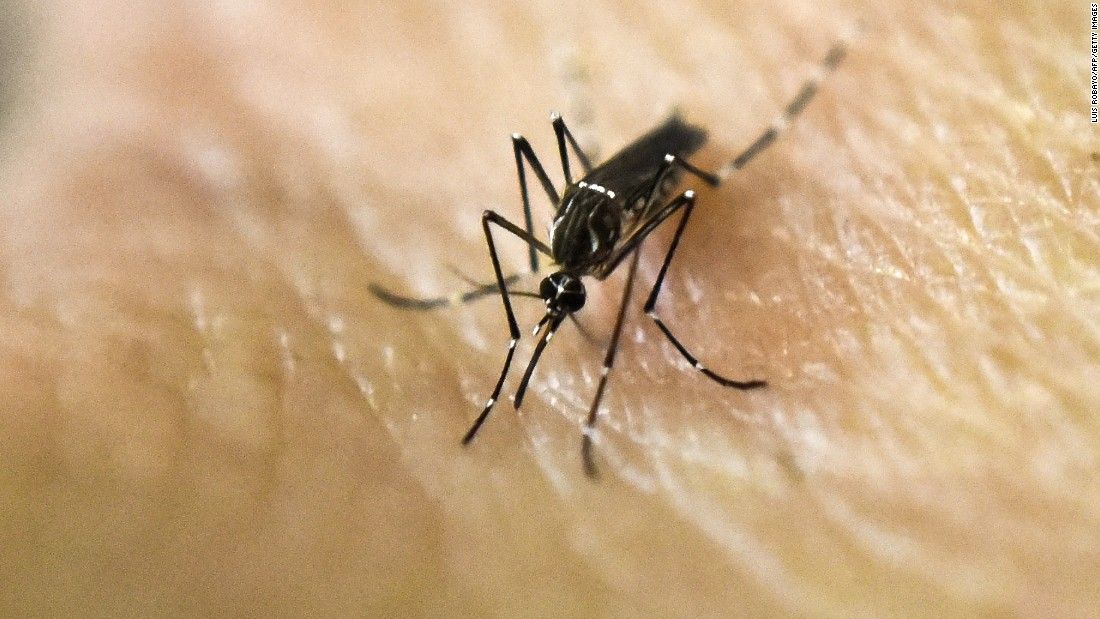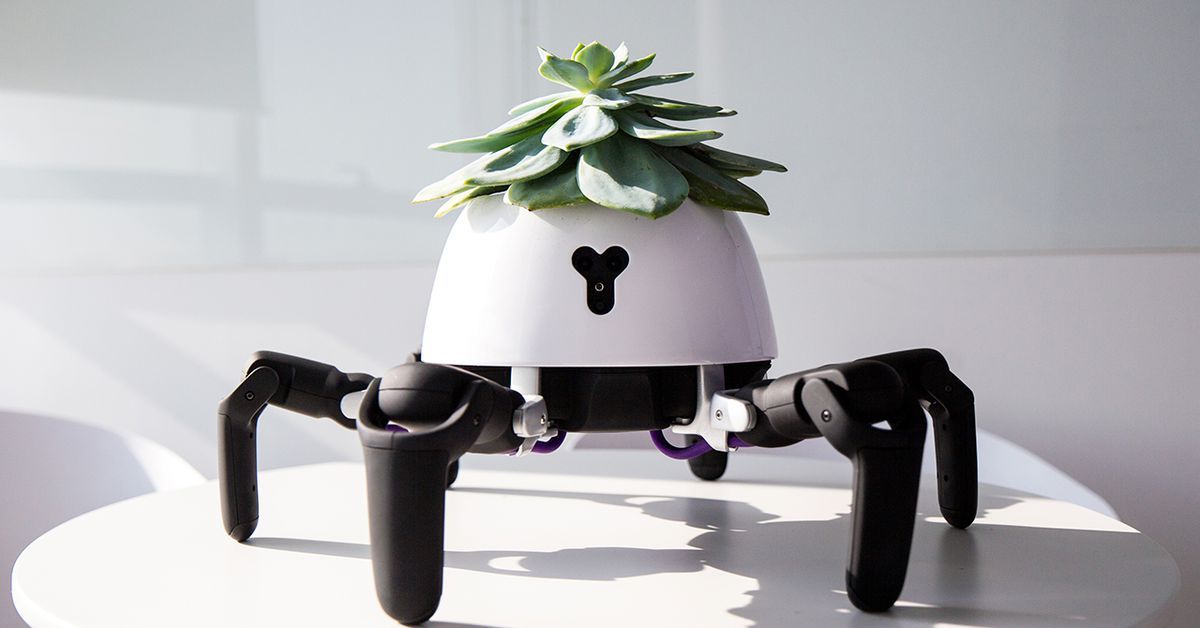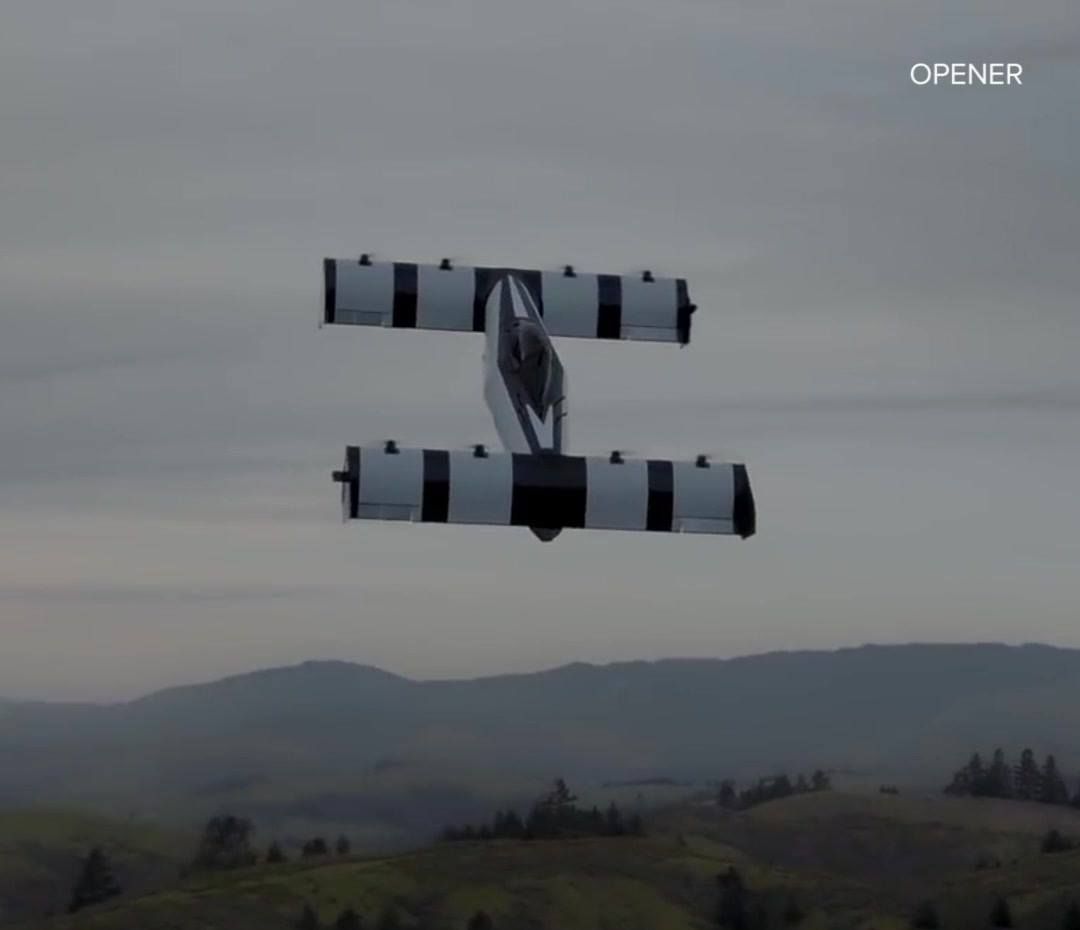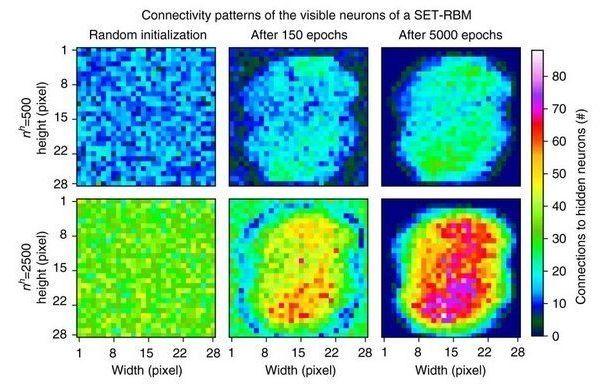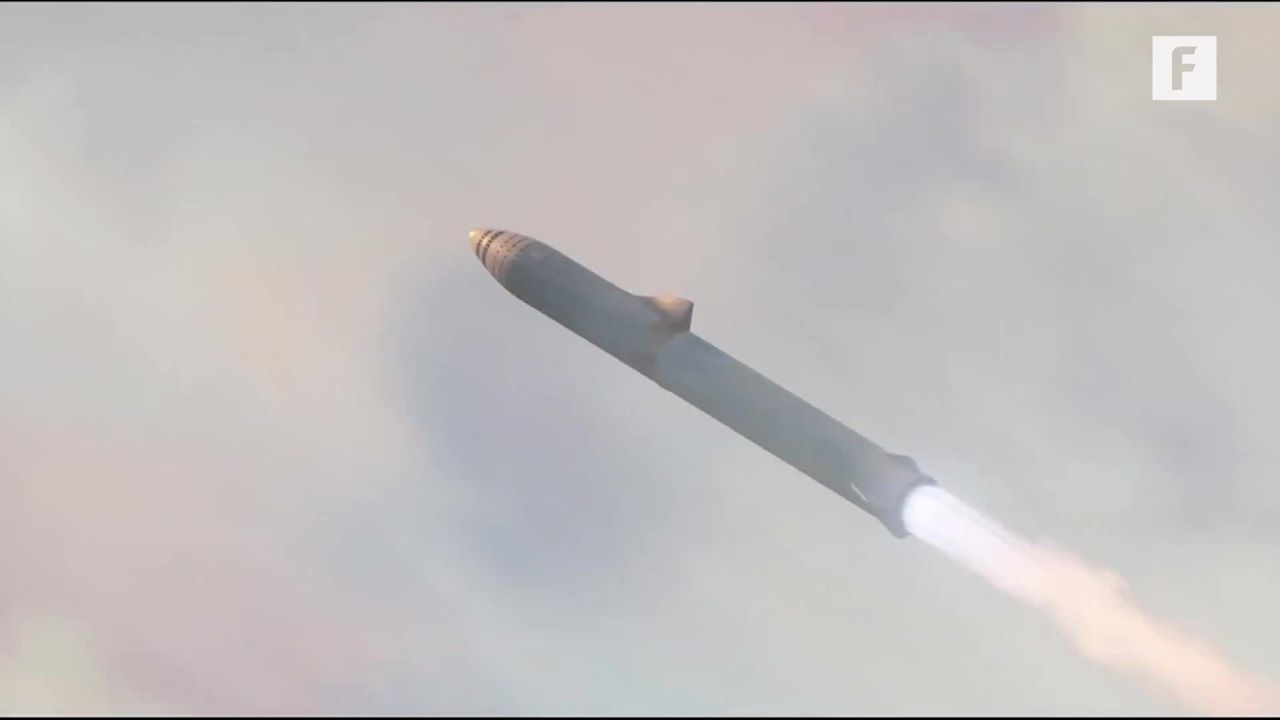Jul 13, 2018
Australian experiment wipes out over 80% of disease-carrying mosquitoes
Posted by Shailesh Prasad in category: biotech/medical
In an experiment with global implications, Australian scientists have successfully wiped out more than 80% of disease-carrying mosquitoes in trial locations across north Queensland.
The experiment, conducted by scientists from the Commonwealth Scientific and Industrial Research Organization (CSIRO) and James Cook University (JCU), targeted Aedes aegypti mosquitoes, which spread deadly diseases such as dengue fever and Zika.
In JCU laboratories, researchers bred almost 20 million mosquitoes, infecting males with bacteria that made them sterile. Then, last summer, they released over three million of them in three towns on the Cassowary Coast.
Continue reading “Australian experiment wipes out over 80% of disease-carrying mosquitoes” »
